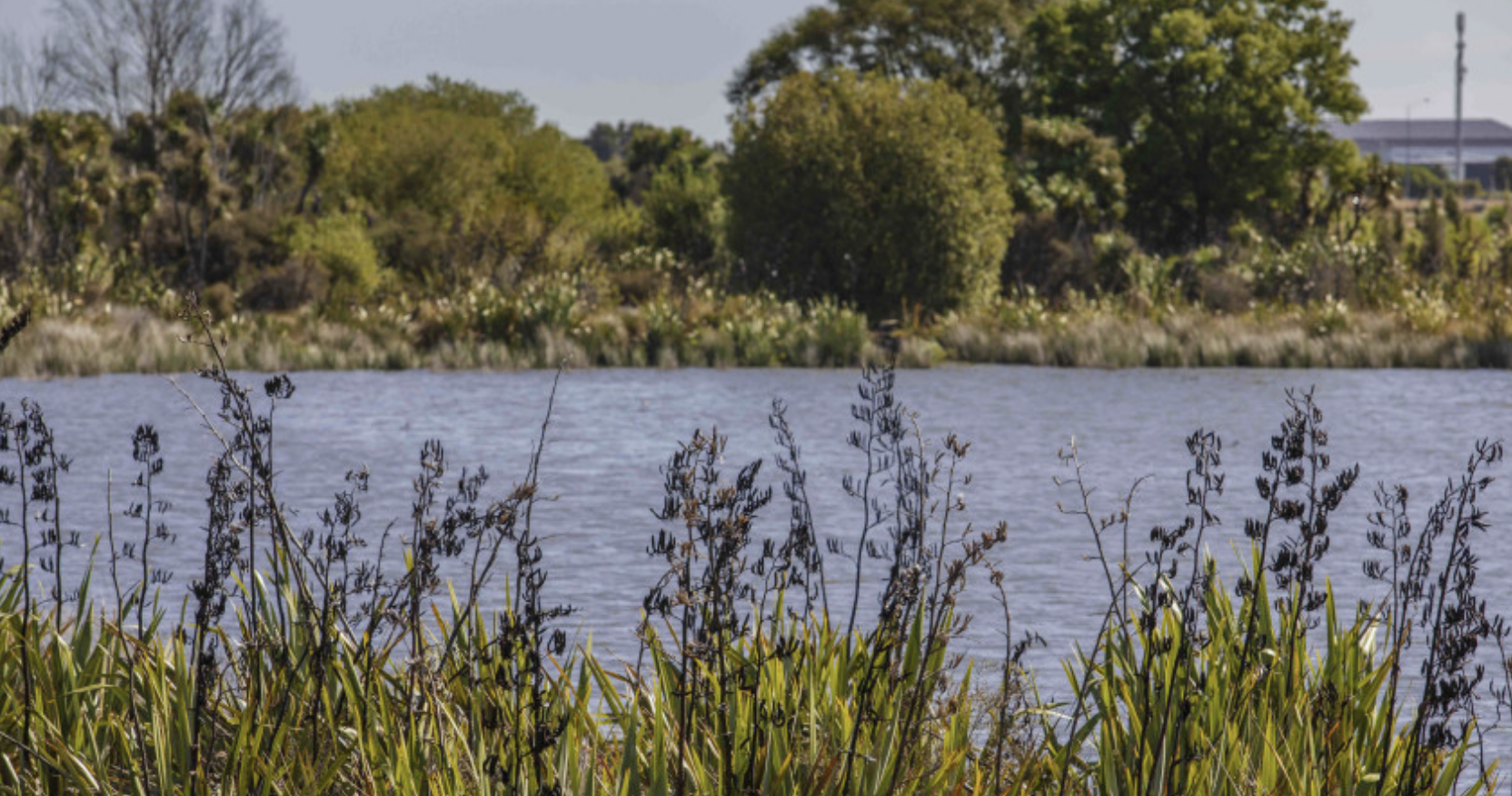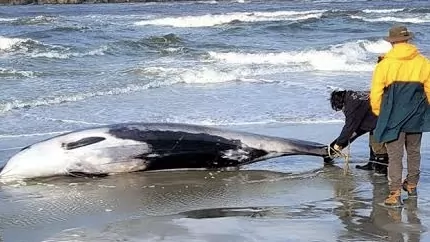Photo: Christchurch City Council
Christchurch City Council has issued a warning to residents and pet owners about the increased presence of potentially toxic algae, cyanobacteria, in local waterways.
The algae has become more prevalent than usual, posing a significant risk to animals and humans.
Christchurch City Council Head of Three Waters Brent Smith said the council has identified Wigram Pond as a recent site of the toxic algae outbreak but any freshwater body could potentially harbor the dangerous organism.
“Animals can get very sick if they ingest the algae, and dogs are naturally drawn to investigating its musty smell. If dogs lick or ingest the material, it can be quick acting and fatal.”
Smith said pet owners to be vigilant and learn the signs of toxic algae to protect their pets.
“It’s important to remember that it can be present in any freshwater waterbody so learn what to look out for, and if in doubt keep your dog away from the water.”
Cyanobacteria typically manifest as dark brown or black mats in rivers, possessing a slimy or velvety texture and a distinct musty odor. These algae can cause water to appear cloudy, discolored, or as if it contains small globules.
Cyanobacteria Poisoning Symptoms
Animals exposed to cyanobacteria toxins may exhibit symptoms such as lethargy, muscle tremors, fast breathing, twitching, paralysis, and convulsions. Pet owners are urged to contact their veterinarian immediately if they suspect cyanobacteria poisoning.
Humans who come into contact with water containing cyanobacteria may experience symptoms including tingling or numbness around the fingertips and/or mouth, breathing difficulties, gastrointestinal symptoms, or skin rashes.
Anyone experiencing these symptoms after contact with affected water is advised to seek medical advice from their doctor or contact Healthline on 0800 611 116 for assistance.








